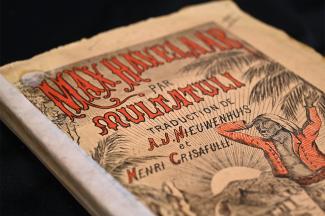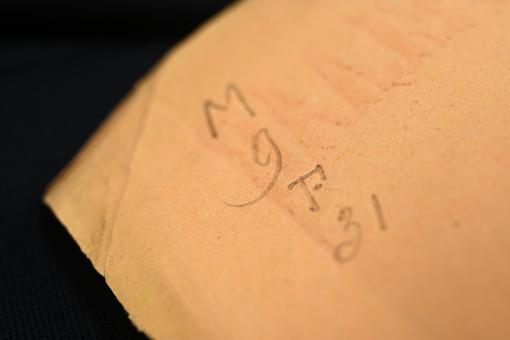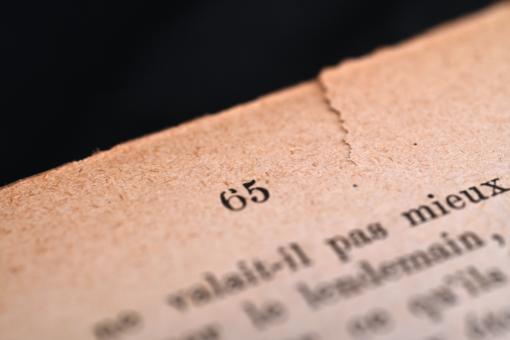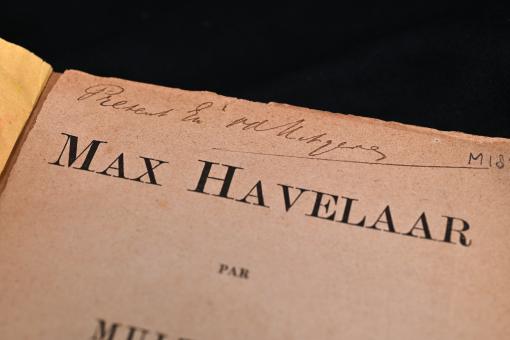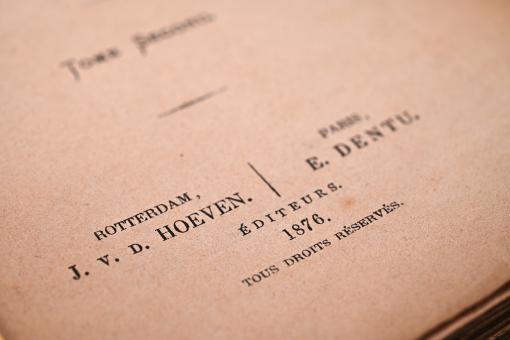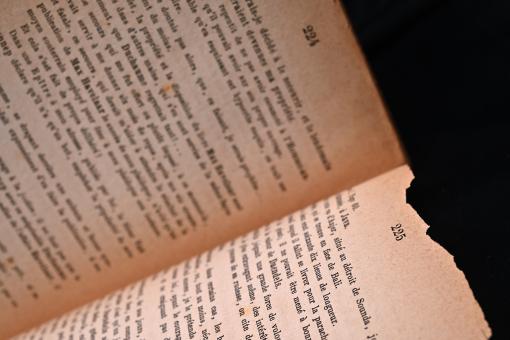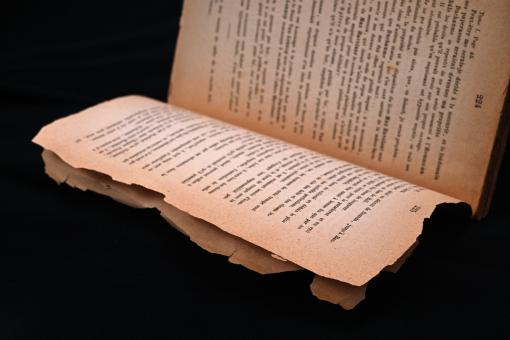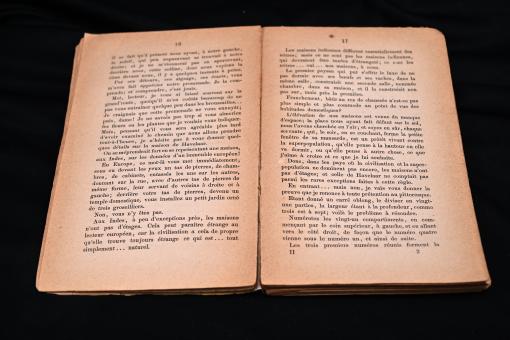The book Max Havelaar (or The Coffee Auctions of the Dutch Trading Company) is a Dutch satirical romance published on 14 May 1860. This book was written by Eduard Douwes Dekker, a former colonial officer in the Dutch East Indies (now Indonesia), and vividly depicts the hypocrisy and exploitation of the corrupt coffee trade and the colonial regime.
The book was written based on the experiences of Dekker, who in 1856 was assigned to work in Lebak, Banten. While he was there, he saw the practices of colonialism and feudalism and the widespread exploitation of the local community. In protest, Dekker resigned as colonial officer, and returned to the Netherlands.
Challenging colonial rule
In 1859 in a boarding house in Brussels, Belgium, Dekker wrote Max Havelaar. A month after its publication, Max Havelaar caused an upheaval throughout the Netherlands. People from across the country read the book and it generated debate in schools, homes and universities about colonial rule.
This book was influential beyond the Dutch East Indies and helped fuel the anti-colonial movement. It has been translated into 40 languages. The English language version of the book was translated in 1927 by Willem Siebenhaar, a social activist and writer from Western Australia. The book displayed in this online exhibition is a rare first edition copy of the French translation, dating back to 1876.
Indonesian nationalist figures such as Soekarno, Hatta, Sjahrir, Ahmad Soebardjo and Kartini read Max Havelaar and were inspired to join the anti-colonial movement. In 1999, the famous Indonesian writer Pramoedya Ananta Toer called Max Havelaar ‘the book that killed colonialism’.
Read Max Havelaar on Wikisource (English translation)
Read Max Havelaar on Gutenberg (German translation)
Hendra Permana, curator at the Multatuli Museum, shares the significance of this rare first edition of the Max Havelaar book.
